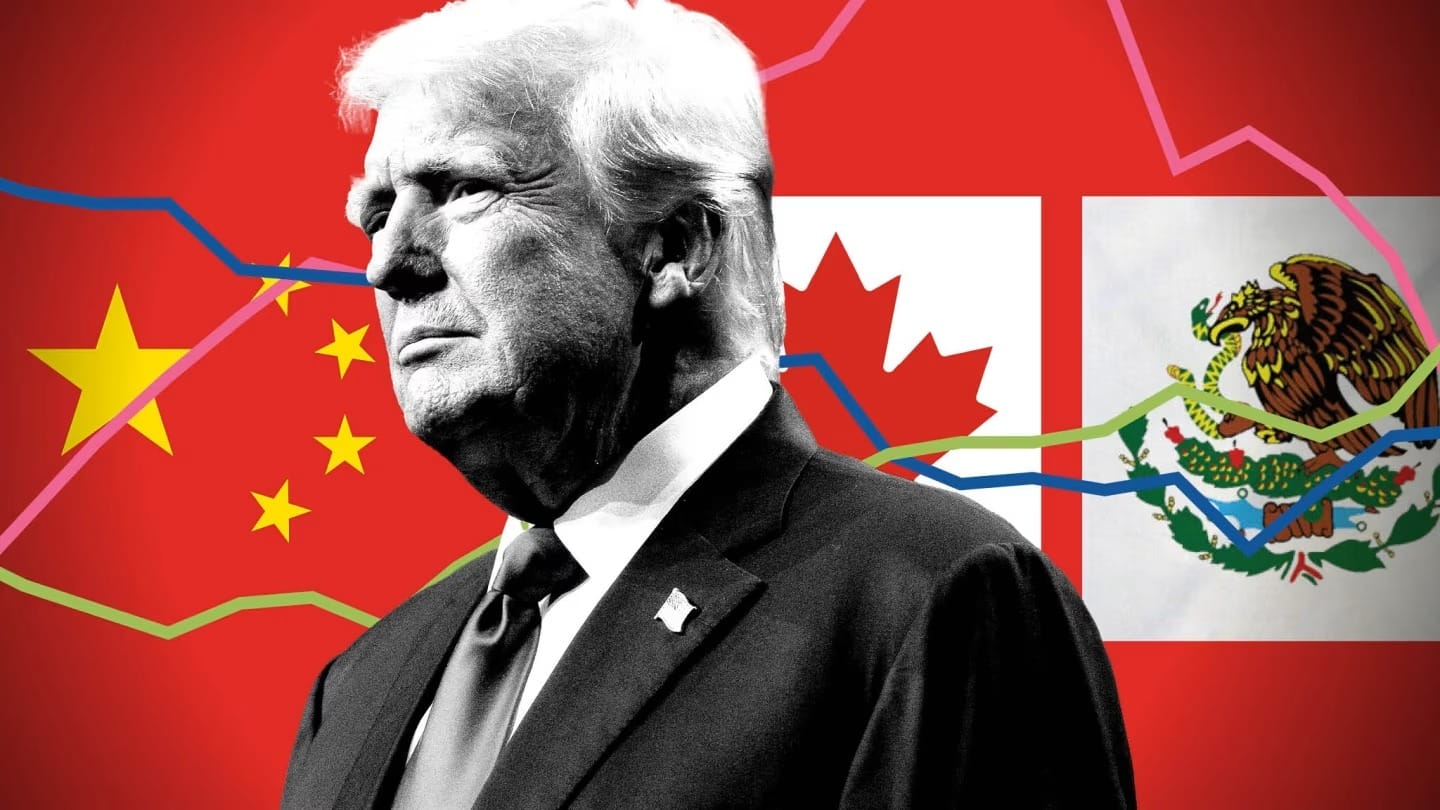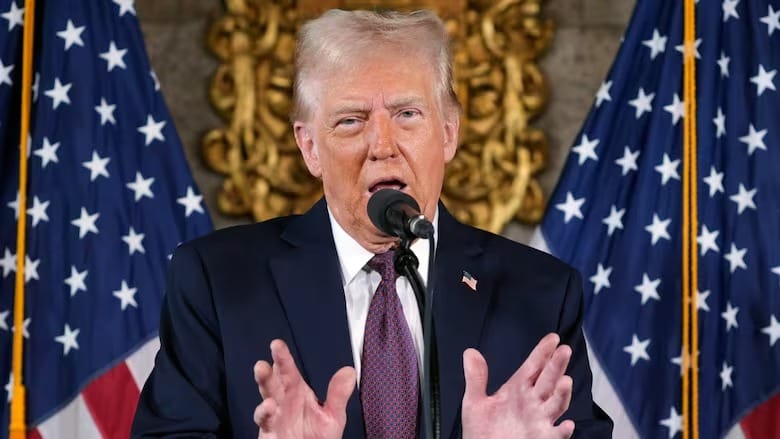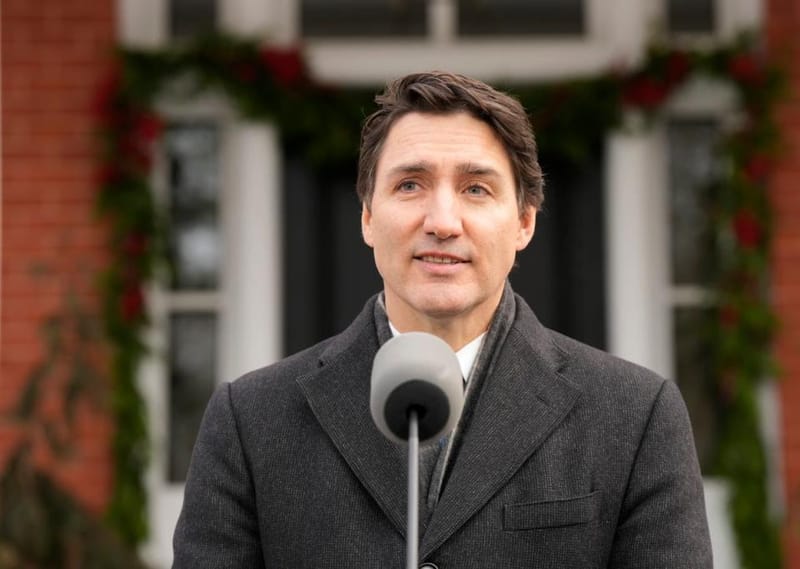How Trump’s tariff threats might impact the U.S. Fed’s interest rates
“My bottom-line message is that I believe more cuts will be appropriate,” Waller said in Paris at the Organization for Economic Cooperation and Development.

A senior official at the U.S. Federal Reserve expressed his continued support for interest rate cuts this year, despite ongoing inflation and the potential for widespread tariffs under the incoming Trump administration.
Christopher Waller, a key member of the Fed's board of governors, stated that he anticipates inflation will move closer to the Fed’s 2% target in the coming months. In his comments, which were among the first by a Fed official to address the impact of tariffs, he suggested that higher import duties are unlikely to drive up inflation this year.
“My bottom-line message is that I believe more cuts will be appropriate,” Waller said during his address at the Organization for Economic Cooperation and Development in Paris.
“If, as I expect, tariffs do not have a significant or persistent effect on inflation, they are unlikely to affect my view,” he added.
Waller’s remarks are significant, as the impact of tariffs is seen as an important uncertainty for the economy in 2025. His perspective also reflects a more optimistic outlook on inflation than many on Wall Street, where investors are increasingly anticipating that the Fed will keep its rate steady this year due to persistently high prices.
“I believe that inflation will continue to make progress toward our 2% goal over the medium term and that further (rate) reductions will be appropriate,” Waller explained. While inflation has remained elevated in recent months, with a rise to 2.4% in November according to the Fed’s preferred measure, Waller pointed out that, aside from housing — which is difficult to assess — prices are beginning to ease.
His statements contrast with growing expectations on Wall Street that the Fed may not cut its key rate significantly, if at all, this year. The current rate stands at about 4.3% following several reductions from a two-decade high of 5.3% last year. Financial markets are forecasting only one rate cut in 2025, according to futures pricing.
Waller did not specify the number of cuts he supports, but noted that in December, Fed officials collectively projected two reductions this year. However, he also emphasized that the range of possible outcomes spans from no cuts to as many as five, depending on progress in reducing inflation.





